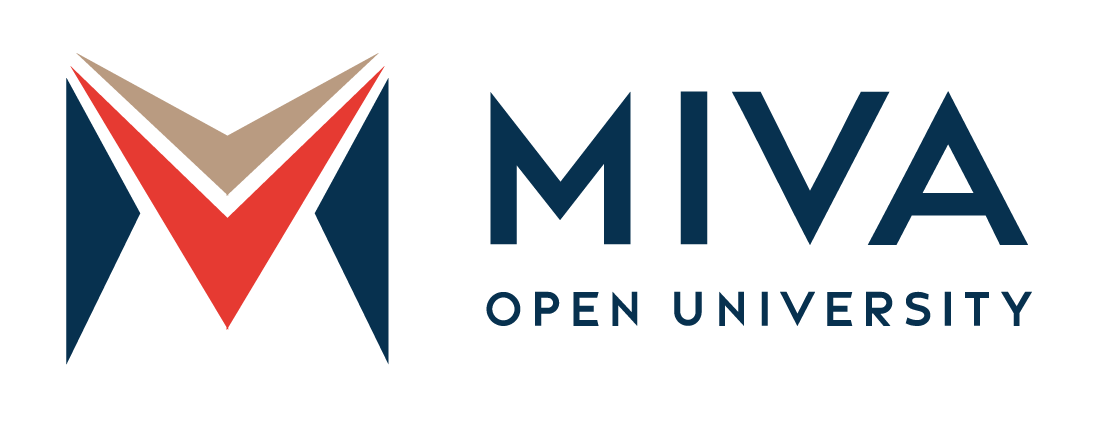School of Management and Social Sciences
BSc. Accounting
ADMISSION OPTIONS
- 100 Level Admissions
- Direct Entry Admissions
ADMISSION OPTIONS
- 100 Level Admissions
- Direct Entry Admissions
Tuition Per Session
$560
Tuition Per Semester
$295
Introduction to BSc. Accounting
Start your bachelor’s degree in BSc. Accounting
Our Bachelor of Science in Accounting programme is designed to prepare you for a career in the dynamic and technology driven field of accounting. In the course of this programme, you will develop a strong foundation in the fundamental principles of accounting and learn key concepts such as financial accounting, managerial accounting, taxation, auditing, and accounting information systems. Additionally, you will have the opportunity to specialise in specific areas within the accounting field, such as financial analysis, cost accounting, forensic accounting, or international accounting.
Our programme is led by experienced and knowledgeable faculty who are passionate about teaching, ensuring you receive an exceptional education for a prosperous career in accounting. We provide a range of resources tailored to support your success in accounting, including advanced accounting software, access to industry networking events, professional development workshops, and diverse student organisations.
If you aspire to thrive in the world of accounting, our Bachelor of Science in Accounting programme is the ultimate pathway to unlocking your potential and embarking on a rewarding professional journey. Apply today!
Why you should apply;
- Our programme is taught by experienced and knowledgeable faculty members who are dedicated to teaching accounting.
- We offer a variety of resources to help you succeed, including access to advanced accounting software, industry networking events, professional development workshops, and a variety of student organisations.
- Our programmes are designed to produce highly sought-after graduates in accounting, finance, technology, and numerous other industries. This opens up exciting career opportunities with competitive salaries and opportunities for advancement.
- A degree in accounting paves the way for well-paid and rewarding careers.
Applications for September 2025 admission is ongoing.
Apply before 30th September 2025, to secure your place. Discount applies for full year’s payment.
Curriculum
Programme Outline
Our curriculum is designed to provide students with the skills and knowledge they need to succeed in a variety of careers in the accounting and finance industries. The programme covers a wide range of topics, including financial accounting, managerial accounting, taxation, auditing, and accounting information systems.
The faculty is available to students through forums, email, and phone calls. Students also have access to a variety of resources, including a state-of-the-art e-library, virtual computer labs for accounting stimulation, advanced software programs, a career centre, professional workshops, and a variety of student organisations.
| 1st Semester | Units |
|---|---|
| Communication in English I | 2 |
At the end of this course, students should be able to:
| |
| Principles of Management | 2 |
At the end of this course, students should be able to:
| |
| Introduction to Finance | 2 |
At the end of this course, students should be able to:
| |
| Introduction to Business I | 2 |
At the end of this course, students should be able to:
| |
| Use of Library, Study Skills and ICT | 2 |
At the end of this course, students should be able to:
| |
| Introduction to Computing | 2 |
At the end of this course, students should be able to:
| |
| Introduction to Financial Accounting I | 3 |
At the end of this course, students should be able to:
| |
| Principles of Economics I | 2 |
At the end of this course, students should be able to:
| |
| 2nd Semester | Units |
|---|---|
| Communication in English II | 2 |
At the end of this course, the student will be able to:
| |
| Nigerian People and Culture | 2 |
At the end of the course, students should be able to:
| |
| Introduction to Business II | 2 |
At the end of this course, students should be able to:
| |
| Basic Mathematics | 2 |
At the end of the course, students should be able to:
| |
| Principles of Economics II | 2 |
At the end of the course, the students should be able to:
| |
| Introduction to Financial Accounting II | 3 |
At the end of this course, students should be able to:
| |
| Principles of Project Management | 2 |
At the end of this course, students should be able to:
| |
| 1st Semester | Units |
|---|---|
| Entrepreneurship and Innovation | 2 |
At the end of this course, students should be able to:
|
|
| Financial Accounting I | 3 |
At the end of this course, students should be able to:
|
|
| Corporate Governance and Accounting Ethics | 3 |
At the end of this course, students should be able to:
|
|
| Data Analytics in Accounting I | 3 |
At the end of this course, students should be able to:
|
|
| Commercial Law for Accountants | 2 |
At the end of this course, students should be able to:
|
|
| Petroleum Accounting | 2 |
At the end of this course, students should be able to:
|
|
| 2nd Semester | Units |
|---|---|
| Philosophy, Logic and Human Existence | 2 |
At the end of this course, students should be able to:
|
|
| Financial Accounting II | 3 |
At the end of this course, students should be able to:
|
|
| Commercial Law for Accountants II | 2 |
At the end of this course, students should be able to:
|
|
| Accounting Laboratory/Technology | 3 |
At the end of this course, students should be able to:
|
|
| Capital Markets and Portfolio Theory | 2 |
At the end of this course, students should be able to:
|
|
| Cost Accounting | 3 |
At the end of this course, students should be able to:
|
|
| Leadership Skills | 2 |
At the end of this course, students should be able to:
|
|
| 1st Semester | Units |
|---|---|
| Financial Reporting I | 3 |
At the end of this course, students should be able to:
|
|
| Management Accounting | 3 |
At the end of this course, students should be able to:
|
|
| Taxation I | 3 |
At the end of this course, students should be able to:
|
|
| Auditing and Assurance I | 3 |
At the end of this course, students should be able to:
|
|
| Entrepreneurship in Accounting Education | 3 |
At the end of this course, students should be able to:
|
|
| Company Law I (Elective) | 2 |
At the end of this course, students should be able to:
|
|
| Intermediate Accounting I (Elective) | 2 |
At the end of this course, students should be able to:
|
|
| 2nd Semester | Units |
|---|---|
| Peace and Conflict Resolution | 2 |
At the end of the course, students should be able to:
|
|
| Venture Creation | 2 |
At the end of this course, students should be able to:
|
|
| Financial Reporting II | 3 |
At the end of this course, students should be able to:
|
|
| Taxation II | 3 |
At the end of this course, students should be able to:
|
|
| Public Sector Accounting & Reporting | 3 |
At the end of this course, students should be able to:
|
|
| Research Methods in Accounting | 2 |
At the end of this course, students should be able to:
|
|
| Intermediate Accounting II (Elective) | 2 |
At the end of this course, students should be able to:
|
|
| Company Law II (Elective) | 2 |
At the end of this course, students will be able to:
|
|
| 1st Semester | Units |
|---|---|
| Advanced Financial Reporting | 3 |
At the end of this course, students should be able to:
|
|
| Auditing and Assurance II | 3 |
At the end of this course, students will be able to:
|
|
| Taxation and Tax Management I | 3 |
At the end of this course, students will be able to:
|
|
| Advanced Management Accounting I | 3 |
At the end of this course, students will be able to:
|
|
| Bankruptcy and Liquidation | 3 |
At the end of this course, students will be able to:
|
|
| International Accounting | 2 |
At the end of the course, students will be able to:
|
|
| 2nd Semester | Units |
|---|---|
| Financial Management | 3 |
At the end of this course, students should be able to:
|
|
| Corporate Reporting | 3 |
At the end of this course, students should be able to:
|
|
| Advanced Financial Accounting | 3 |
At the end of this course, students should be able to:
|
|
| Research Project | 6 |
At the end of this course, students should be able to:
|
|
| Taxation and Tax Management II (Elective) | 2 |
At the end of this course, students should be able to:
|
|
| Advanced Management Accounting II | 2 |
At the end of this course, students should be able to:
|
|
Admission Requirements
100 Level Entry Requirements for BSc. in Accounting
The entry requirements for a bachelor’s degree in Accounting at Miva Open University are stated below:
A copy of your O’Level result
- English Language
- Mathematics
- Economics
- Two other subjects
Please note that submission of Joint Admissions and Matriculation Board (JAMB) results is NOT MANDATORY at this stage. However, upon admission to the university, the provided results will be thoroughly verified for authenticity and compliance with the stated criteria, including JAMB Registration.
Direct Entry Admission Requirements for BSc. in Accounting
Here’s what you need to study for a bachelor’s programme at Miva Open University
Direct Entry Candidates must meet ‘O’ Level requirements for the programme:
- Two (2) 'A' Level passes chosen from Accounting, Economics, Business Studies/Management, Government and Geography.
- Two (2) IJMB passes, one (1) of which must be in Accounting, Economics or Business Management.
- Complete pass in the Intermediate ICAN examination or equivalent (AAT, ACCA, ATS final certificate).
- Lower credit pass in ND/NCE in related fields.
- Very good passes in three (3) JUPEB subjects: Economics, and any two (2) of Financial Accounting, Business Studies/Management, Government and Geography.
- Pass in the final exams of the Chartered Institute of Secretaries.
Careers
Potential roles for BSc. Accounting degree holders

Career Options
The field of accounting is ever-evolving, offering a plethora of exciting career opportunities for individuals who hold a bachelor’s degree in accounting. Here are some potential career paths for you to explore:
- Certified Public Accountant (CPA)
- Financial Analyst
- Auditor
- Tax Consultant
- Forensic Accountant
- Management Accountant
- Financial Planner
- Budget Analyst
- Internal Auditor
- Government Accountant
- Risk Manager
- Compliance Officer
- Investment Analyst
- Corporate Controller
- Financial Consultant
Tuition
Payment Plans
Miva Open University offers a flexible payment plan for its degree programmes. You may choose to pay the year’s fee or per semester.
Tuition Per Semester
Pay Per Semester. No hidden charges. No additional costs.
$295
Tuition Per Session
Pay Per Session. No hidden charges. No additional costs.


